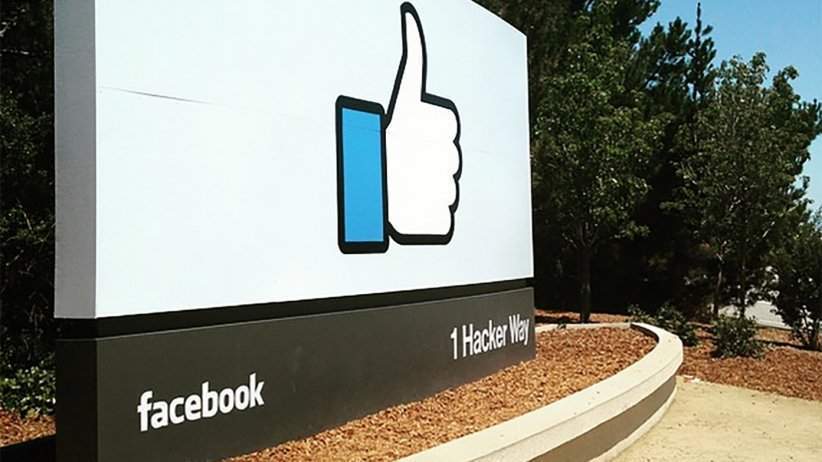
Tech giants including Google and Facebook will now pay tax in Australia based on the profits they earn in the country, instead of shifting income abroad.
The new legislation in the country will prevent large global corporations with annual incomes of more than $1bn from dodging their tax obligations.
The Australian government will claw back an estimated $1.5bn in this year alone.
“The Labor Party, when they were in government, did absolutely diddly-squat when it came to the issue of making multinationals pay their fair share of tax,” Scott Morrison, the Australian treasurer said.
Firms who refuse to comply will face a 40 percent tax penalty rate.
When the Multinational Anti-Avoidance Law was first proposed in Australia in early 2015, the government said there were 30 global corporations that paid little or no tax on the profits from their Australian operations.
How well do you really know your competitors?
Access the most comprehensive Company Profiles on the market, powered by GlobalData. Save hours of research. Gain competitive edge.

Thank you!
Your download email will arrive shortly
Not ready to buy yet? Download a free sample
We are confident about the unique quality of our Company Profiles. However, we want you to make the most beneficial decision for your business, so we offer a free sample that you can download by submitting the below form
By GlobalDataTwo years later, Australian tax authorities are currently conducting 71 audits involving 59 major global corporations, according to Morrison.
George Turner, a director at the Tax Justice Network, an advocacy group specialising in international tax told Verdict that the legislation in Australia has been a long time coming, and other countries should follow in its footsteps.
“Progress has been painfully slow across the world. The legislation in Australia just shows what can be done when governments take action, ” he said.
“The fallacy we hear all the time from the corporate lobby is ‘tax us and we will move somewhere else.’ But the reality is that the majority of Facebook customers, for example, are in Australia, the UK, France, Germany, the US and not in the Cayman Islands or any other tax havens they may shift their profits to. If you are looking at how to tax companies, you need to look at where their customers are.”
How about corporation tax in Europe and the UK?
Microsoft, Amazon, Facebook and Google, have their European headquarters in Ireland, which has a 12.5 percent headline rate of corporate income tax – the second-lowest in the EU.
Last month, the European Council agreed to introduce new measures targeting “hybrid mismatches” — differences in national laws that international companies can take advantage of. In other words, companies will be prevented from shifting their profits from high-tax jurisdictions to low-tax jurisdictions.
“Step by step, we are eliminating the channels used by certain companies to escape taxation. I congratulate member states for agreeing on this tangible measure to clamp down on tax abuse and install a fairer tax environment in the EU,” said Pierre Moscovici, commissioner for economic affairs, customs and taxation at the EU executive at the time.
The new EU legislation will come into force from 2020.
A number of large companies, including the owner of Cadbury and popular coffee chain Cafe Nero have avoided paying corporation tax in the UK.
Earlier this month, chancellor Philip Hammond said in his Spring Budget that there would be a “tough” financial penalty for professional enablers of tax avoidance ploys.







